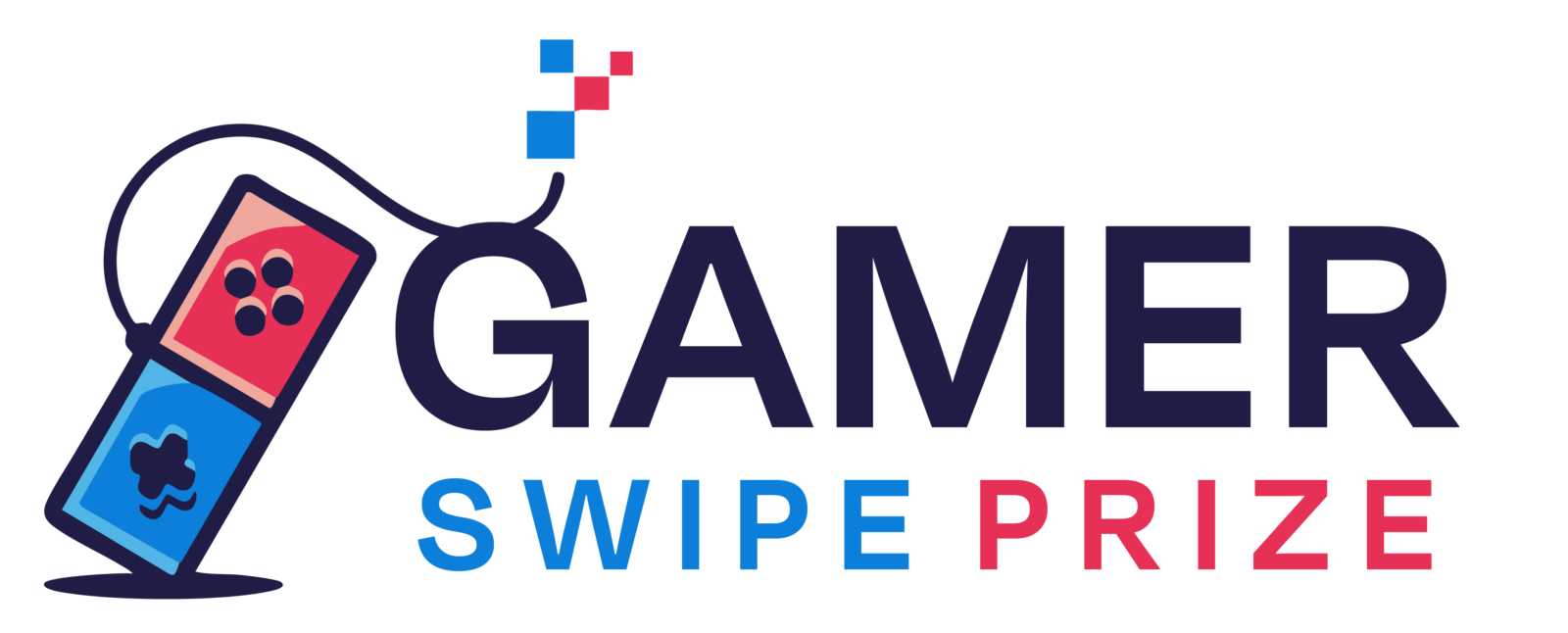The Rise Of Indie Game Developers
Indie game developers are driving a creative renaissance, reshaping how games are made and consumed. Their rise stems from resourceful innovation and unique approaches to design.
Defining Indie Development
Indie development refers to creating games by independent individuals or small teams without the financial backing of major publishers. These developers maintain creative freedom, often funding projects through personal resources, crowdfunding platforms like Kickstarter, or income generated from early access sales. Unlike AAA studios, indie teams prioritize originality over industry trends, resulting in distinctive experiences such as critically acclaimed titles like Celeste and Hollow Knight.
Factors Driving Indie Game Popularity
Several factors contribute to the growing appeal of indie games:
- Accessibility Through Digital Distribution: Platforms like Steam, itch.io, and Epic Games Store allow indie developers to reach global audiences without needing physical distribution.
- Affordability of Tools: Accessible game engines such as Unity and Unreal Engine, alongside asset stores, enable developers to create high-quality games on small budgets.
- Push for Gameplay Variety: Indie games often experiment with niche genres or unique mechanics, such as the procedural generation in Hades or narrative-driven exploration in Firewatch.
- Community Support: Social media and platforms like Discord help developers build loyal fanbases, promote games, and gather feedback during production or early access.
- Cultural Appeal of Independent Artistry: Players often support indie efforts for their personal, handcrafted feel compared to the corporate, homogeneous identity of many AAA titles.
Key Contributions Of Indie Developers To The Gaming Industry
Indie developers are reshaping the gaming industry through their innovative ideas and commitment to unique experiences. Their contributions highlight the importance of creativity, diversity, and challenging standard industry practices.
Innovation And Creativity
Indie developers drive innovation by experimenting with unconventional mechanics and game designs. Games like Undertale introduced emotion-based combat systems, while Baba Is You redefined puzzle-solving mechanics. Operating without the constraints of major publishers, indie teams prioritize novel gameplay elements over established norms.
Diverse Storytelling And Representation
Indie games explore stories and themes often overlooked by mainstream titles. Games such as Celeste address mental health, and Never Alone highlights indigenous culture. By incorporating underrepresented perspectives, indie developers broaden gaming narratives and connect with diverse audiences.
Challenging AAA Studio Practices
Indie developers provide an alternative to traditional AAA business models. Unlike studios focused on monetization through microtransactions, indie teams emphasize player experience. Games like Hades and Disco Elysium showcase polished, complete titles without excessive monetization schemes, proving that quality can thrive outside large-scale budgets.
Tools And Platforms Empowering Indie Developers

Independent developers leverage innovative tools and platforms to create games that rival AAA titles. These resources enable them to build, fund, and market their projects effectively.
Game Engines And Development Tools
Game engines like Unity and Unreal Engine support developers with powerful frameworks. Unity offers a versatile platform suitable for 2D and 3D games, while Unreal Engine provides advanced graphics capabilities for immersive environments. Free and open-source tools, such as Godot, lower entry barriers by reducing costs for beginners. Asset marketplaces, including Unity Asset Store and Unreal Marketplace, provide pre-made assets like textures and animations, saving time during production. Tools like Blender for 3D modeling and Aseprite for pixel art further ensure the creative process remains accessible.
Crowdfunding And Community Support
Crowdfunding platforms, such as Kickstarter and Indiegogo, help developers secure funding from interested players. Backers often gain early access to games or exclusive rewards, creating a sense of involvement in the development process. Patreon enables ongoing support by allowing fans to subscribe for regular contributions. Social media platforms, like Twitter and Reddit, facilitate direct interaction with communities, where feedback shapes features and garners player trust. Discord servers unite fans and developers in discussions, fostering collaboration and project visibility. These methods reinforce a tight-knit relationship between creators and their audiences.
Challenges Faced By Indie Developers
Indie developers drive innovation in gaming but face significant challenges in an industry dominated by major publishers. Overcoming these obstacles often defines their ability to thrive and create groundbreaking games.
Financial Constraints
Funding is one of the primary hurdles for indie developers. Without the backing of publishers, most developers rely on personal savings, crowdfunding campaigns like Kickstarter, or early access sales on platforms like Steam. Limited budgets restrict access to specialized tools, hiring skilled team members, and producing high-quality assets. For example, a small team may lack funds for advanced animations or hiring experts in niche areas like sound design, forcing them to multitask or compromise.
Market Competition And Visibility
Standing out in a crowded gaming market presents another major challenge. Thousands of games are released on platforms such as Steam and Google Play annually, making visibility a critical issue. Indie developers often lack the financial resources for large-scale marketing campaigns, as seen with blockbuster AAA games. This limits their ability to reach broader audiences beyond niche communities, despite having unique or innovative gameplay. Social media, streamers, and platforms like Itch.io provide some traction, but gaining sustained attention remains difficult without significant promotional efforts.
The Future Of Indie Game Development
Indie game development is poised to further transform the gaming industry. Emerging trends and their potential impact highlight how indie developers continue to innovate and redefine gaming norms.
Trends To Watch
Several notable trends are shaping the future of indie game development.
- AI Integration: Indie developers are increasingly utilizing AI tools for character design, procedural generation, and real-time translations, which streamline development processes.
- Cross-Platform Play: Demand for multiplayer indie titles featuring cross-platform compatibility, such as Among Us, has risen due to player preferences for seamless interaction across devices.
- Hybrid Monetization Models: New approaches, such as combining direct sales with in-game expansions or subscriptions, are giving indie developers sustainable revenue streams.
- Community-First Development: Developers are leveraging platforms like Twitch and Discord to engage audiences during game development, fostering loyal player bases before launch.
Potential Industry Impact
Indie developers are driving significant changes that could alter industry dynamics.
- Shifting Creative Standards: By prioritizing artistic storytelling, such as in Gris, indie developers may encourage mainstream studios to embrace more unique, narrative-driven designs.
- Broadening Market Access: Affordable development tools and marketplaces, like itch.io, continue to lower barriers for entry, enabling more indie games to reach global audiences.
- Expanding Gaming Demographics: Indie titles addressing diverse themes, such as inclusivity in If Found…, may attract underrepresented players and create more varied gamer communities.
- Reshaping AAA Practices: Indie success stories, such as Hades’ critical acclaim, are pressuring AAA studios to rethink crunch culture and prioritize quality over quantity.
The convergence of these trends and impacts underscores how indie developers are charting a transformative course for gaming’s future.





